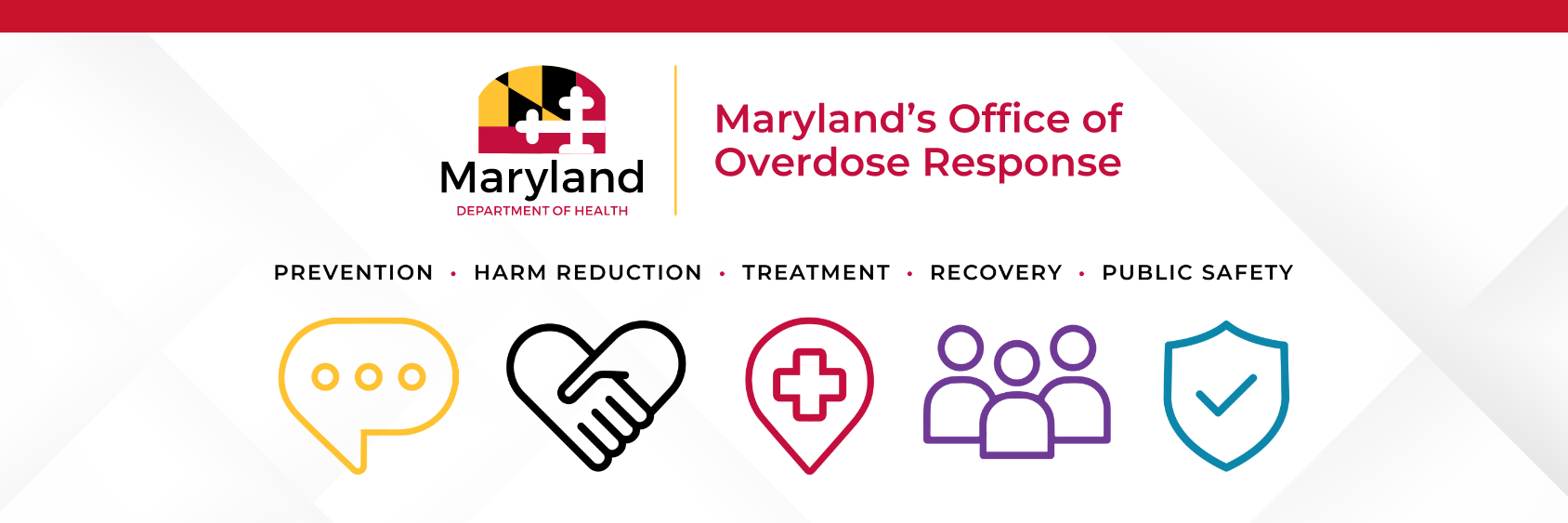The Maryland Department of Health Teams Up with the Baltimore Ravens to Raise Awareness About the Opioid Crisis
Educating Marylanders Around the Dangers of Fentanyl and Tackling the Stigma Associated with Substance Use Disorders are Critical Components to Saving Lives
November 26, 2018
ANNAPOLIS, MD – As part of Governor Larry Hogan’s continued efforts to save lives and combat the opioid epidemic, the Maryland Department of Health’s Behavioral Health Administration (BHA) has partnered with the Baltimore Ravens to produce public service announcements (PSAs) regarding the opioid epidemic in Maryland.
Tony Jefferson, a safety with the Baltimore Ravens, appears in two PSAs — one regarding the dangers of fentanyl, which is currently airing on stations across the state; and the other tackling the stigma associated with substance use disorders, which will air in early 2019. He also narrated radio spots as part of BHA’s ongoing educational campaign to inform Marylanders about topics related to the opioid crisis.
“Having a Baltimore Ravens player partner with BHA in the dissemination of these lifesaving messages not only draws attention to the importance of these messages, but also assists in breaking down the stigma associated with substance use disorders, a chronic medical disease,” said Maryland Department of Health’s Behavioral Health Administration Deputy Secretary Dr. Barbara Bazron. “We are very fortunate to have the support of the Baltimore Ravens on this initiative.”
“Fentanyl, a synthetic drug you cannot see, taste, or smell, is so powerful that just a small amount can be deadly,” said Clay Stamp, executive director of the Opioid Operational Command Center. “It’s crucial that Marylanders recognize the dangers of this illicit drug.”
BHA has developed several educational campaigns that address stigma, informing Marylanders on how to ask questions if they are being prescribed an opioid, awareness surrounding the dangers of fentanyl, information regarding Maryland’s Good Samaritan Law, and Maryland’s Crisis Connect services. The PSAs can be viewed at https://beforeitstoolate.maryland.gov/tony-jefferson-psas/.
Before It’s Too Late is the state’s effort to bring awareness to this epidemic—and to mobilize resources for effective prevention, treatment, and recovery. Marylanders grappling with a substance use disorder can find help at BeforeItsTooLateMD.org or by calling 211 and pressing 1. Additional support is available through MDCrisisConnect.org, which has information on both text and chat features.


 1-888-373-7888
1-888-373-7888 233733
233733